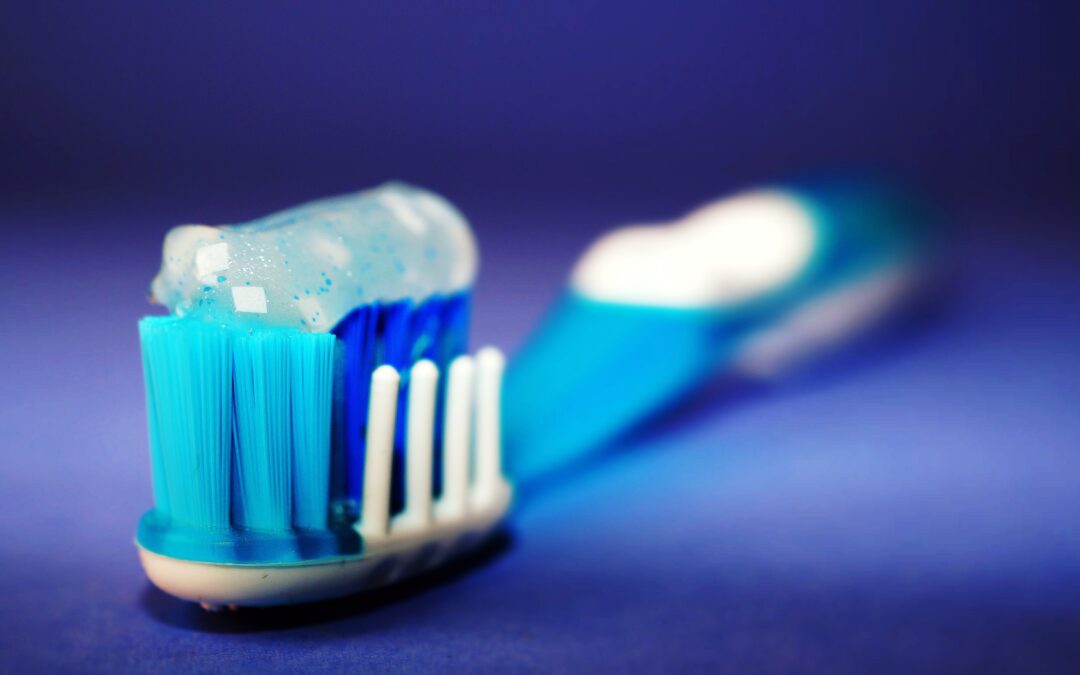Brushing your teeth is essential for maintaining good oral care and it is important that you find the right toothbrush for you. Although both electric and manual toothbrushes effectively remove oral plaque from your teeth, each toothbrush has its own unique advantages and disadvantages. Read on to learn more about the pros and cons of electric and manual toothbrushes so that you can make an informed decision on which is the right option for you.
Benefits of Electric Toothbrush
The bristles on an electric toothbrush vibrate or rotate to help you effectively remove plaque buildup from your teeth and gums. Electric toothbrushes offer a number of benefits, including:
- Effective at Removing Plaque: Research has found that electric toothbrushes are more effective at decreasing plaque and gingivitis than manual toothbrushes. Oscillating toothbrushes seem to be the best option for removing plaque.
- Less Waste: The majority of electric toothbrushes do not require complete replacement like manual toothbrushes. Instead, only the head of the electric toothbrush needs to be replaced.
- Easier for Those with Limited Mobility: Electric toothbrushes move the bristles without the need for additional motions, making them excellent for people with limited mobility.
- Child-Friendly: Let’s be honest – brushing your teeth isn’t the most exciting task. Electric toothbrushes are a great option to help your child become more engaged, which can help to promote good oral cleaning and healthy habits.
- Many Options Are Equipped with Timers: One of the various features that many electric toothbrushes come with today is a timer. This can help you brush your teeth long enough to effectively remove any plaque buildup from your teeth and gums.
Disadvantages of Electric Toothbrush
Disadvantages of electric toothbrushes include the following:
- Noisy: Unlike manual toothbrushes, electric toothbrushes are much louder, which may annoy some individuals.
- Expensive: Electric toothbrushes are much more pricey than your average manual toothbrush. These can range anywhere from $15 to $250 per brush, not including replacement brush heads.
Benefits of Manual Toothbrush
While they don’t have all of the extra features that an electric toothbrush has, manual toothbrushes also offer a number of benefits, including the following:
- Affordable: Manual toothbrushes are a much more cost effective option, usually costing anywhere from $1 to $10.
- Accessible: Unlike electric toothbrushes, it is relatively easy to find a manual toothbrush if you have forgotten yours. You can often find them at grocery stores, gas stations, and even pharmacies.
- No Power Supply Needed: Manual toothbrushes do not require batteries or a power supply to function properly.
Disadvantages of Manual Toothbrush
Just like electric toothbrushes, manual toothbrushes also have their own unique set of disadvantages. Disadvantages of manual toothbrushes include:
- Difficult to Control Manual Pressure: Because manual toothbrushes do not have pressure sensors, people are more likely to use excess force while using manual toothbrushes, which can cause damage to the teeth and gums.
- Difficult to Clean Hard-to-Reach Areas: Oftentimes, manual toothbrushes can make it difficult to brush in the hard-to-reach places of your mouth, such as the third molar regions or between crowded teeth.
- Excess Waste: Because manual toothbrushes need to be replaced every 3 months, this leads to excess plastic waste.


Recent Comments